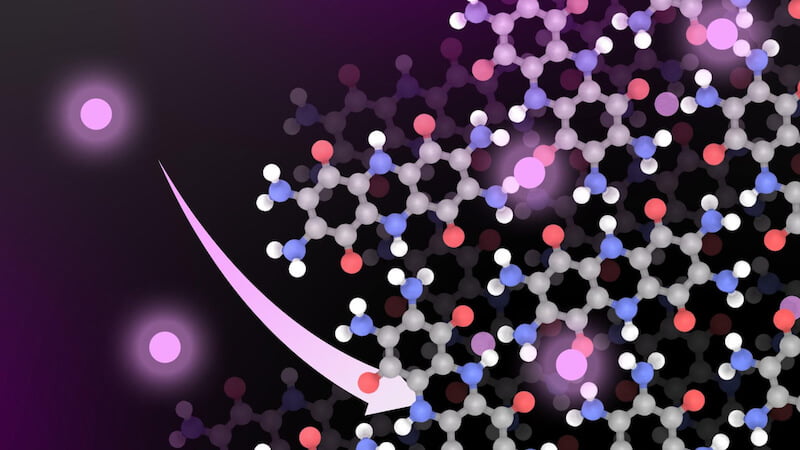
Researchers at MIT may have made a crucial breakthrough. They developed an alternative material that should enable a battery without cobalt.
Batteries will play a fundamental role in our everyday lives in the future. Because without lithium-ion storage, most electrical devices would be useless and electric vehicles would have to stay in the garage. But battery technology has a crucial disadvantage. It is based on rare metals.
Scientists around the world are therefore trying to develop new batteries that are based on alternative raw materials. Researchers at the Massachusetts Institute of Technology (MIT) recently developed a novel battery material that could reduce the electric vehicle industry's dependence on rare metals such as cobalt and nickel.
The new lithium-ion battery material is based on organic components and could offer a more sustainable alternative for powering electric vehicles.
Battery without cobalt is intended to eliminate disadvantages
Cobalt is a metal that many manufacturers use in lithium-ion batteries. However, it has several disadvantages. Cobalt is not only rare and expensive, but its extraction also involves significant financial, ecological and social costs.
The MIT researchers therefore developed a cathode made of organic materials that have comparable conductivity and storage capacities to cobalt. In addition, the battery can be charged faster. The production of the new battery material should also be significantly more cost-effective than batteries that contain cobalt.
But scientists are now also working on other alternatives. One possible replacement is lithium iron phosphate (LFP), which some automakers are already using in electric vehicles. However, LFP only has about half the energy density of cobalt and nickel batteries.
New material promises high performance and durability
The newly developed material consists of several layers of TAQ, an organic molecule that has a similar structure to graphite. Within the molecules are chemical groups called quinones, which serve as electron reservoirs, and amines, which form strong hydrogen bonds.
These properties make the material extremely stable and insoluble, which extends the life of the battery. Tests of the material showed that the conductivity and storage capacity is comparable to traditional cobalt-containing batteries. The charging and discharging of batteries with a TAQ cathode was faster, which could speed up the charging of electric vehicles.
The researchers have already licensed the patent for the technology. The MIT lab plans to continue research into alternative battery materials until the technology is adapted.
Also interesting:
Source: https://www.basicthinking.de/blog/2024/02/22/mit-nachhaltige-batterie/


